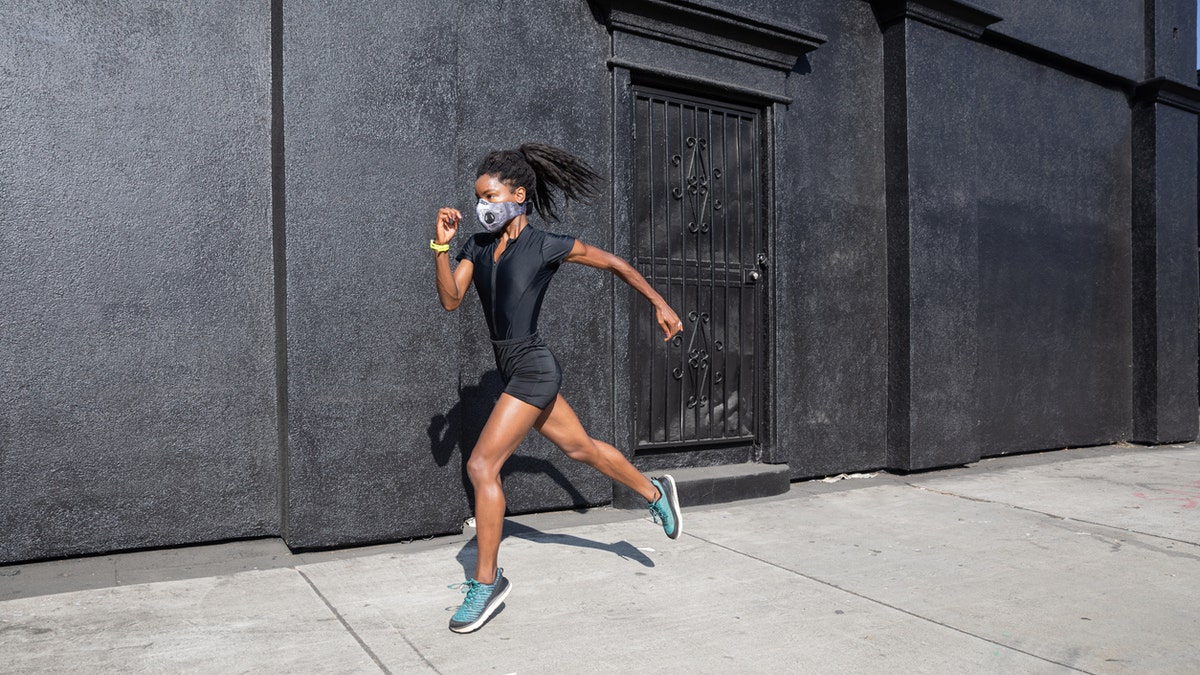Fox News Flash top headlines for May 27
Fox News Flash top headlines are here. Check out what's clicking on Foxnews.com.
Get all the latest news on coronavirus and more delivered daily to your inbox. Sign up here.
Many Americans, stressed out and anxious amid the coronavirus pandemic, are turning to junk food, alcohol and more carbohydrates while most gyms still remain closed nationwide. At least 49 percent of those surveyed are worried that they'll never get their pre-lockdown body back, a new survey reveals.
The survey commissioned by Naked Nutrition and conducted by OnePoll revealed that the average American has put on five pounds since the pandemic began, while almost two-thirds said COVID-19 has messed up their plans for a healthy lifestyle in 2020.
“The COVID-19 has been a stressful time for many, but maintaining a healthy lifestyle can support a person’s overall health and should remain a priority. This data highlights the importance of finding simple solutions for people to be able to maintain a healthy lifestyle while in isolation,” said registered dietitian nutritionist Lauren Manaker in a statement.
AMID COVID-19 OUTBREAK, VIDEO SHOWS HOW DROPLETS SPREAD ON MASS TRANSIT FROM TALKING

A woman exercises outdoors while wearing a face mask. (iStock)
Sixty-five percent of respondents have “let themselves go a bit” during this period of quarantine, according to the survey, but there was some good news in the results.
Among respondents who are optimistic about getting back in shape, the average person thinks it will take eight weeks of regular training to get their old body back.
All in all, 64 percent said they feel much more unhealthy today than a few months ago, primarily due to limited exercise and their diet.
CORONAVIRUS TESTING SHORTFALL IN CRISIS-AFFECTED AREAS RISKS UNDETECTED OUTBREAKS
Under lockdown conditions, Americans have tried to stay fit with outdoor walks, exercise apps and streamed online fitness classes, the survey reveals.
At least 54 percent have purchased gym equipment for their home; anyone searching for dumbbells on Amazon can attest to lingering shortages of basic exercise equipment.
Even so, 70 percent of respondents don’t think their home workouts are as effective as what they were doing before COVID-19.


